The Law on Organization of Local Government (amended) stipulates the principles of organization and operation of local government in the direction of organizing local government in a streamlined, efficient, effective and efficient manner, meeting the requirements of professional, modern and transparent local governance, ensuring accountability associated with a power control mechanism.
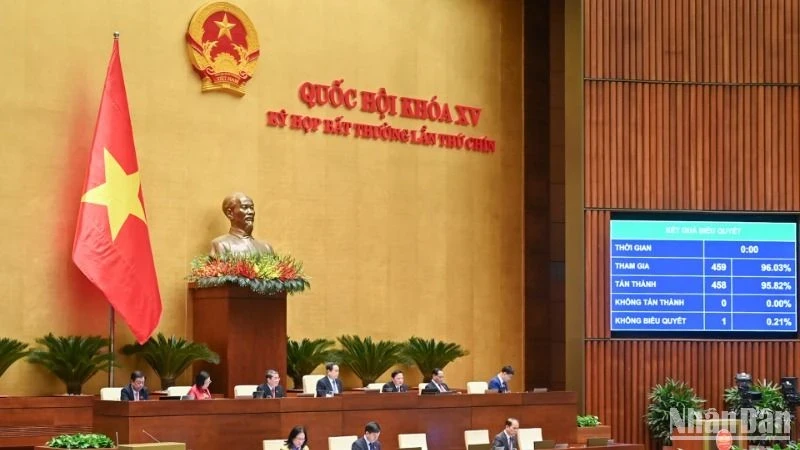
Morning of February 19, continue the program 9th extraordinary session, National Assembly voted to pass Law on Organization of Local Government (amended). Voting results showed that 458/459 National Assembly deputies present voted in favor of passing this law, accounting for 95.82%.
Before voting, the National Assembly listened to the Report on explanation, acceptance and revision of the draft Law on Organization of Local Government (amended). Accordingly, the National Assembly Standing Committee said that there were opinions of National Assembly deputies suggesting institutionalizing the guiding viewpoint of "locality decides, locality acts, locality is responsible" in the draft law.
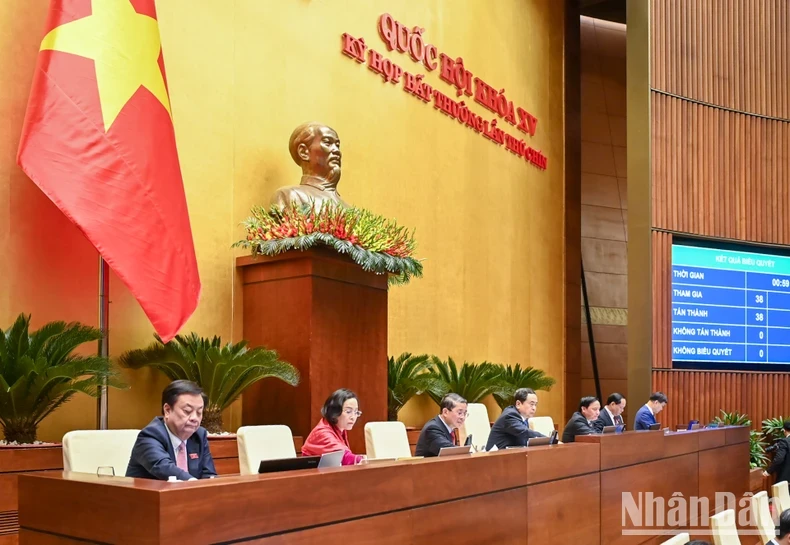
In response to the above comments, the National Assembly Standing Committee has revised the provisions of the draft law, ensuring adherence to the Party's guiding viewpoints on promoting decentralization and delegation of power, promoting local initiative and creativity, ensuring the motto "locality decides, locality does, locality takes responsibility", "whichever level solves more effectively, assign tasks and authority to that level", especially the provisions in Article 4 (Principles of organization and operation of local governments), Chapter III (Determination of authority of local governments at all levels) and the provisions in Chapter IV on specific tasks and powers of local governments at each level.
Specifically, Article 4 of the newly passed law states the principles of organization and operation of local governments. Accordingly, the law stipulates that local governments must be streamlined, efficient, effective, and efficient, meeting the requirements of professional, modern, and transparent local governance, ensuring accountability associated with a power control mechanism.
The People's Council operates on a collective basis and makes decisions by majority vote. The People's Committee at the local government level operates on a collective basis. The People's Committee combines the responsibilities of the Chairman of the People's Committee.
Work under the authority of local authorities must be decided by the locality, organized and implemented by the locality and self-responsible.
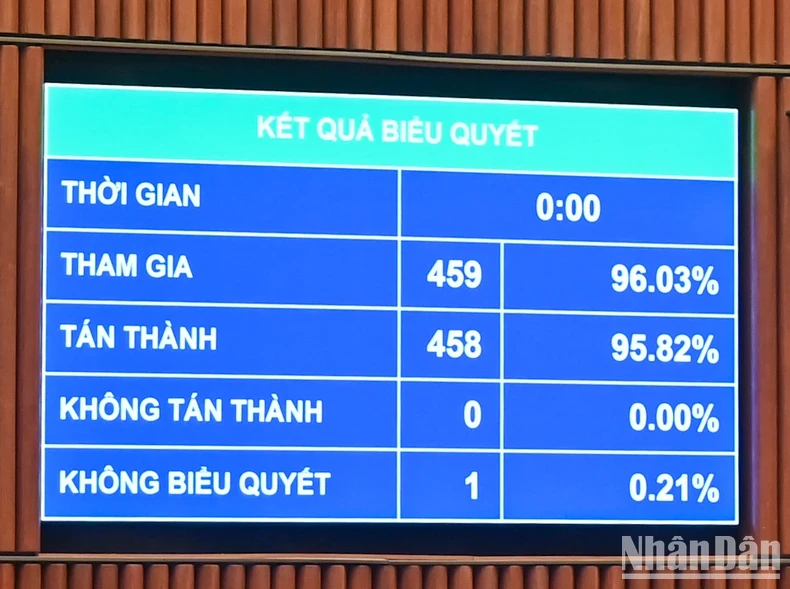
Some opinions suggested reviewing, supplementing, and adjusting regulations on specific tasks and powers of the People's Council, the Standing Committee of the People's Council, the People's Committee, and the Chairman of the People's Committee at all levels to ensure that they meet practical requirements, are consistent and consistent with relevant regulations.
In response to the delegates' opinions, the National Assembly Standing Committee has revised the regulations on the tasks and powers of People's Councils, People's Committees, and Chairmen of People's Committees at all levels to ensure a certain distinction in the scope of tasks and powers of local authorities at each level, creating a basis for continuing to specify the tasks and powers of People's Councils and People's Committees at all levels in each field of state management in specialized laws, ensuring the consistency of the legal system and the feasibility, stability, and longevity of the Law.
There are suggestions to study and supplement special mechanisms to strongly innovate the tasks and powers of local governments in the direction of promoting decentralization and delegation of power, creating favorable conditions for local governments to unlock development resources, proactively and promptly respond to urgent and unexpected issues that arise in practice.
In response to the delegates' opinions, the National Assembly Standing Committee added Clause 1, Article 15 of the draft law stipulating that the Provincial People's Council is allowed to decide to pilot specific and special policies that are not yet regulated by law to promote socio -economic development in the locality after reporting to and receiving permission from the Prime Minister.
At the same time, the National Assembly Standing Committee added to Point e, Clause 1, Article 17, the regulation that the Chairman of the Provincial People's Committee is entitled to decide to apply other urgent measures prescribed by law in cases of real necessity for the national interest, prevention and control of natural disasters and epidemics, ensuring the lives and property of people in the area, and reporting to the competent authorities of the Party and the Prime Minister as soon as possible.
Source




![[Photo] Party and State leaders visit President Ho Chi Minh's Mausoleum](https://vphoto.vietnam.vn/thumb/1200x675/vietnam/resource/IMAGE/2025/5/19/d7e02f242af84752902b22a7208674ac)
![[Photo] Special flag-raising ceremony to celebrate the 135th birthday of President Ho Chi Minh](https://vphoto.vietnam.vn/thumb/1200x675/vietnam/resource/IMAGE/2025/5/19/1c5ec80249cc4ef3a5226e366e7e58f1)

![[Photo] Party and State leaders attend the special art program "You are Ho Chi Minh"](https://vphoto.vietnam.vn/thumb/1200x675/vietnam/resource/IMAGE/2025/5/18/6895913f94fd4c51aa4564ab14c3f250)
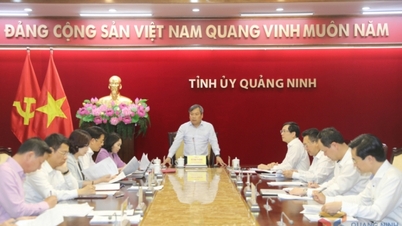

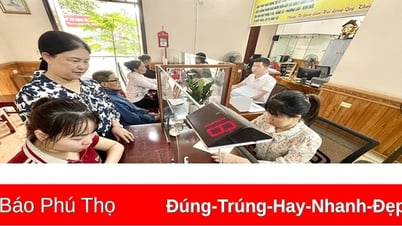








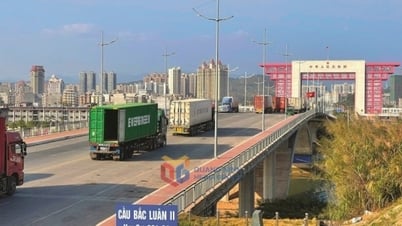
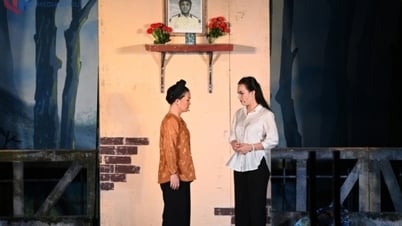
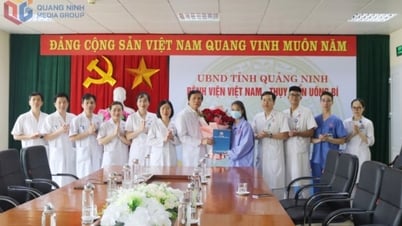





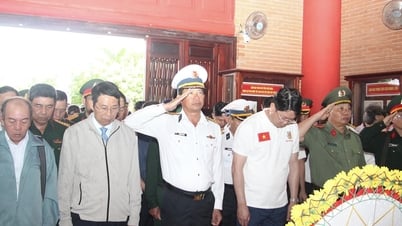
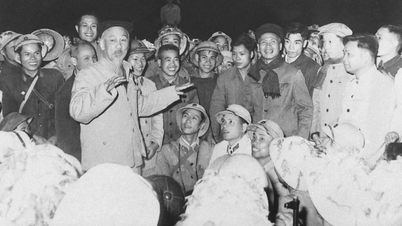


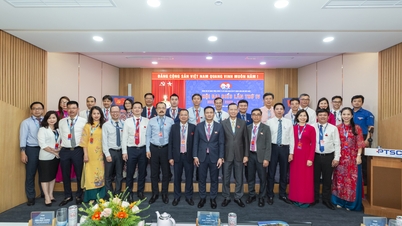

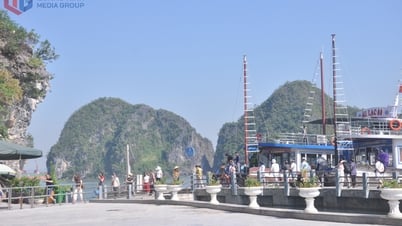















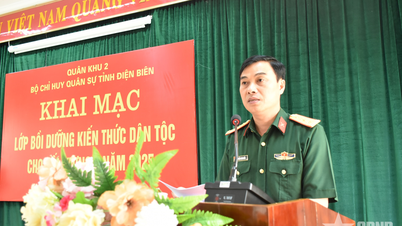




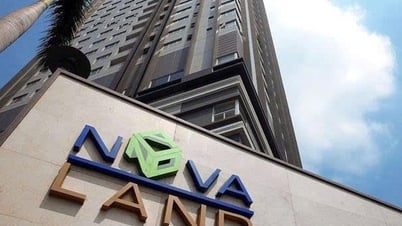



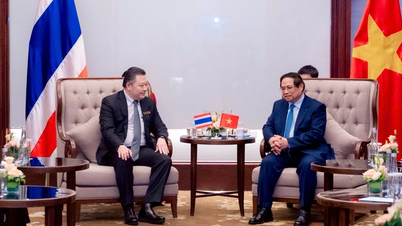




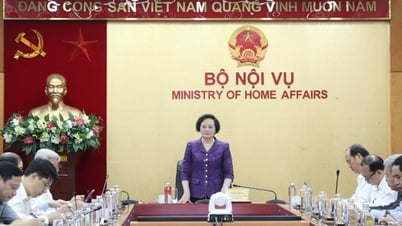

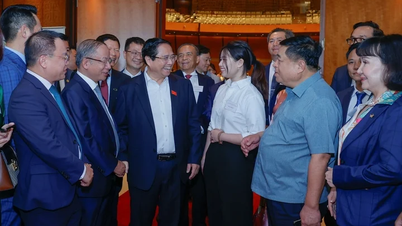




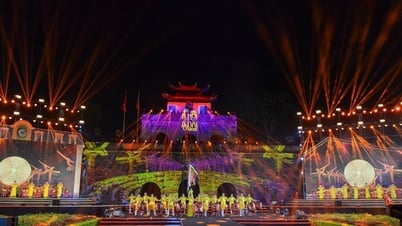


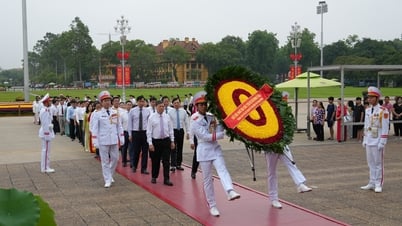

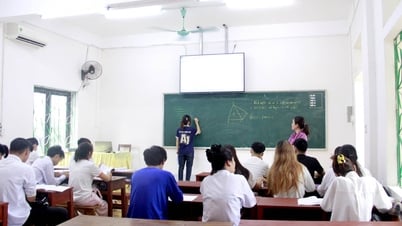

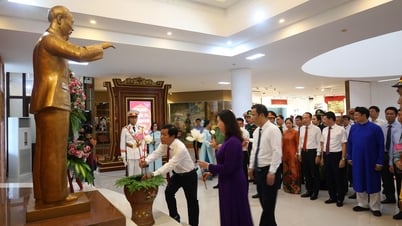

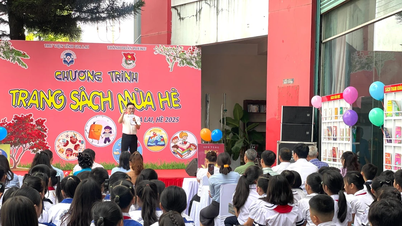

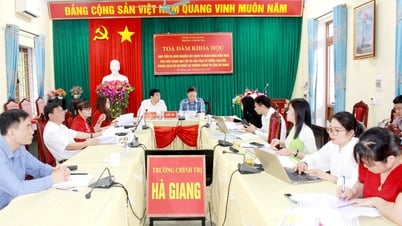
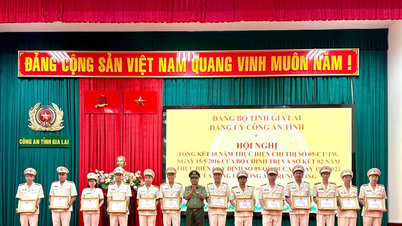
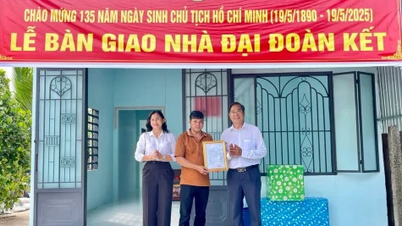










Comment (0)